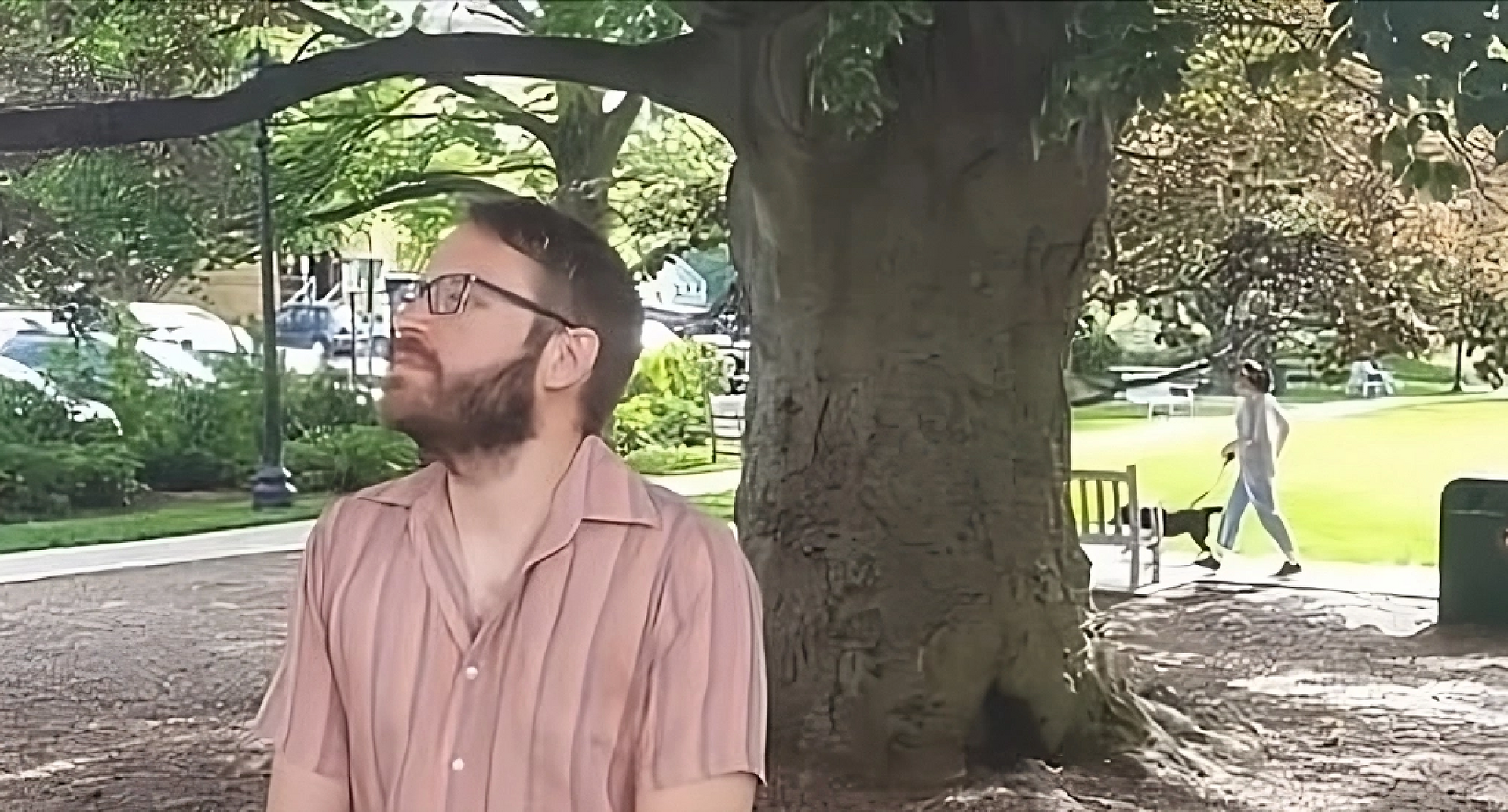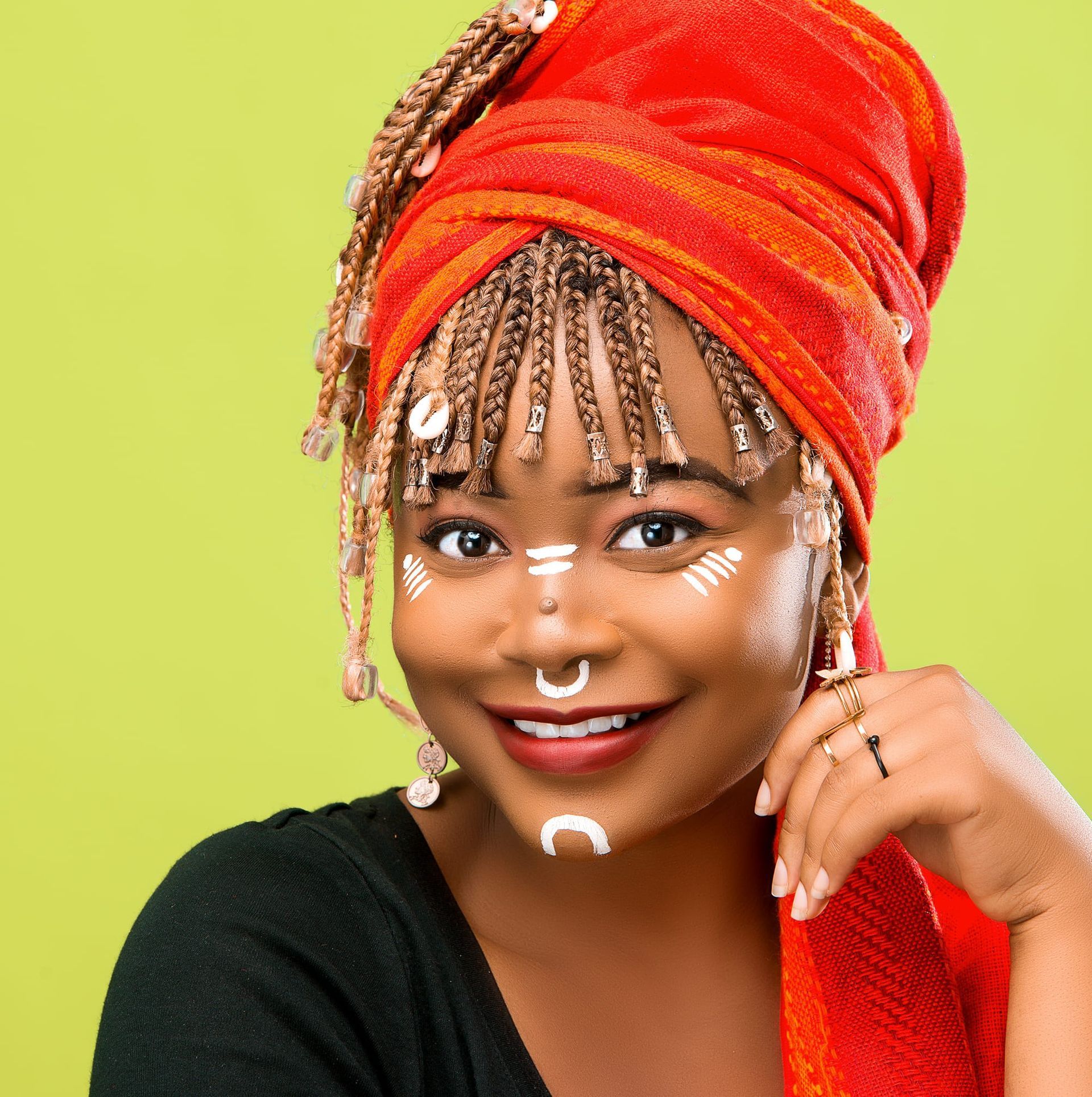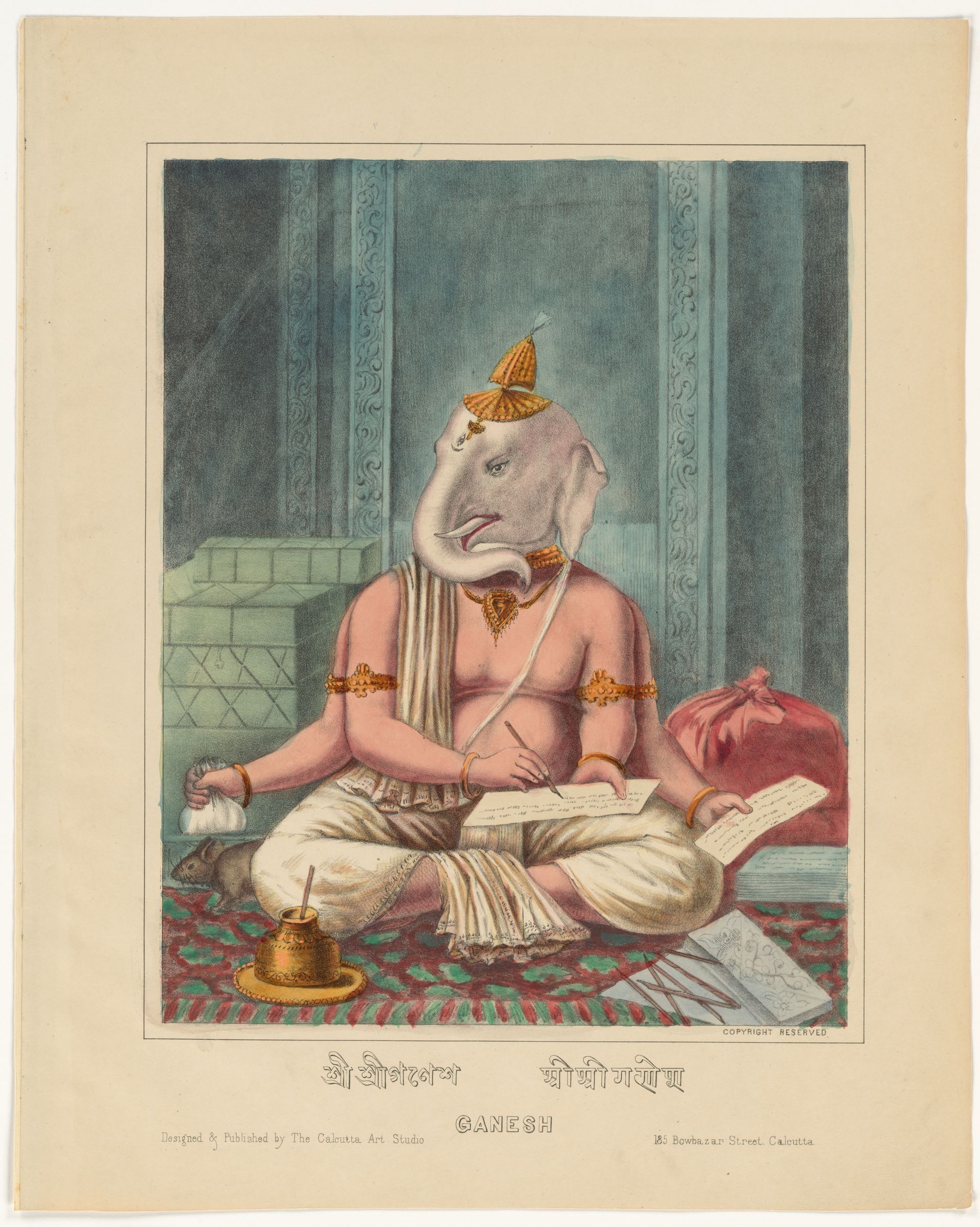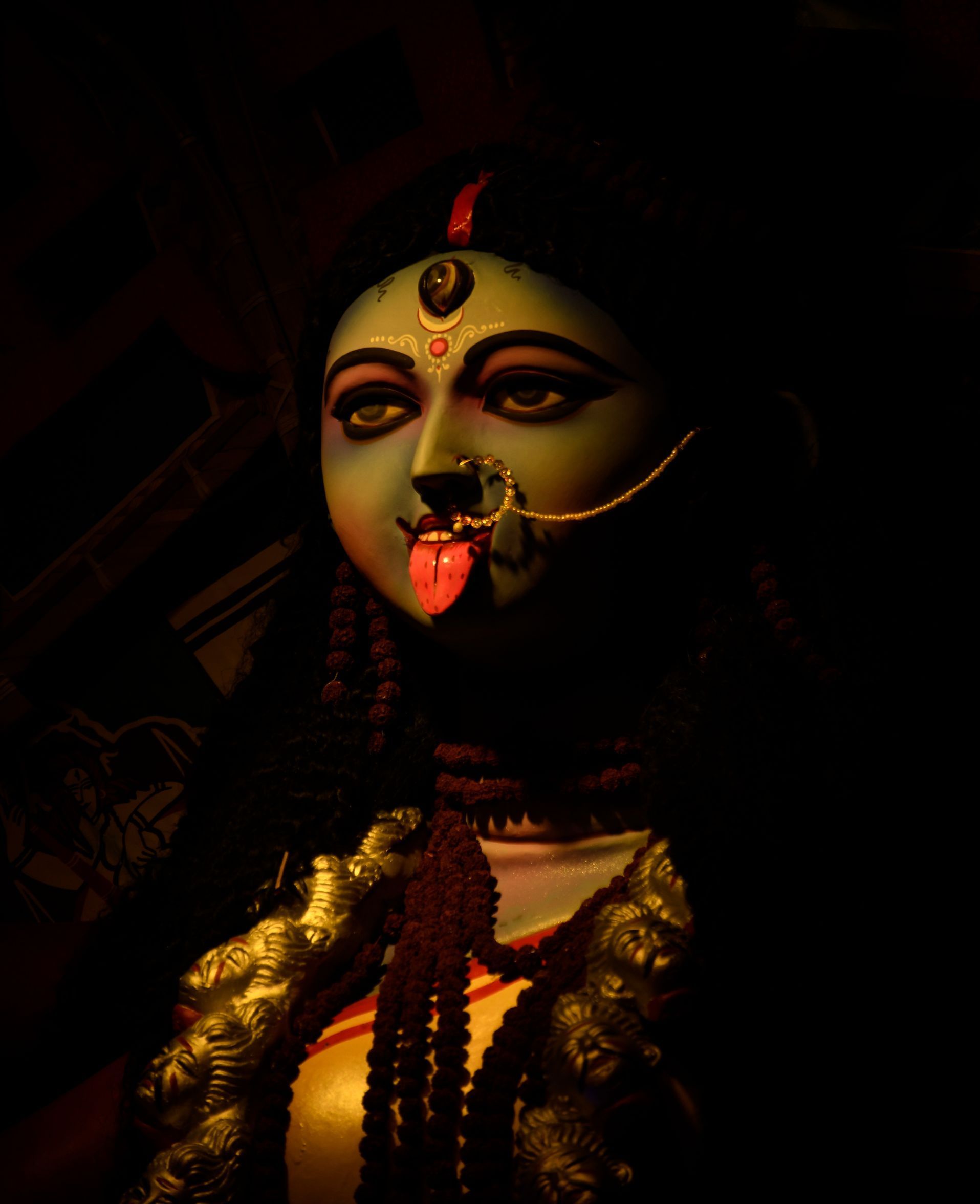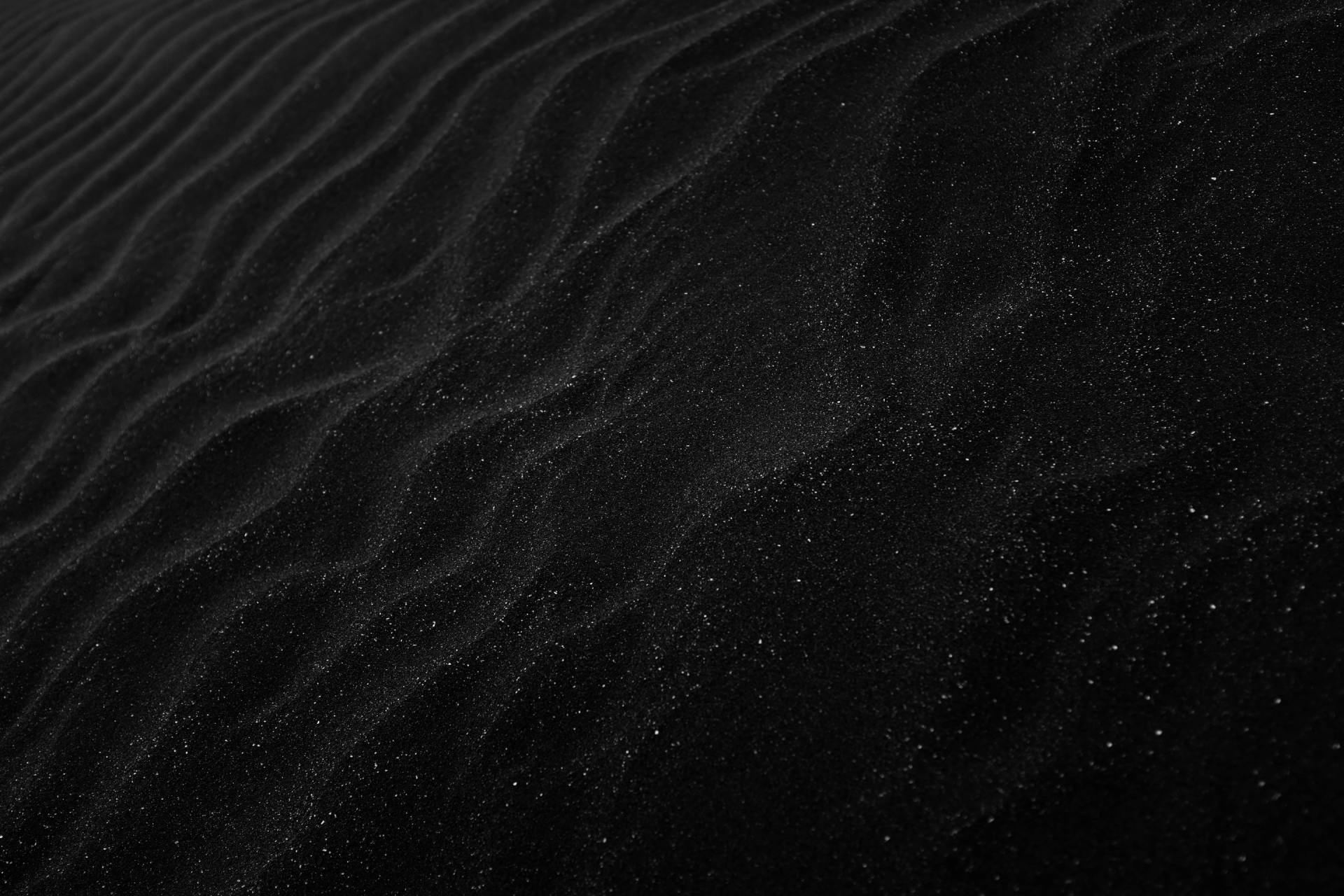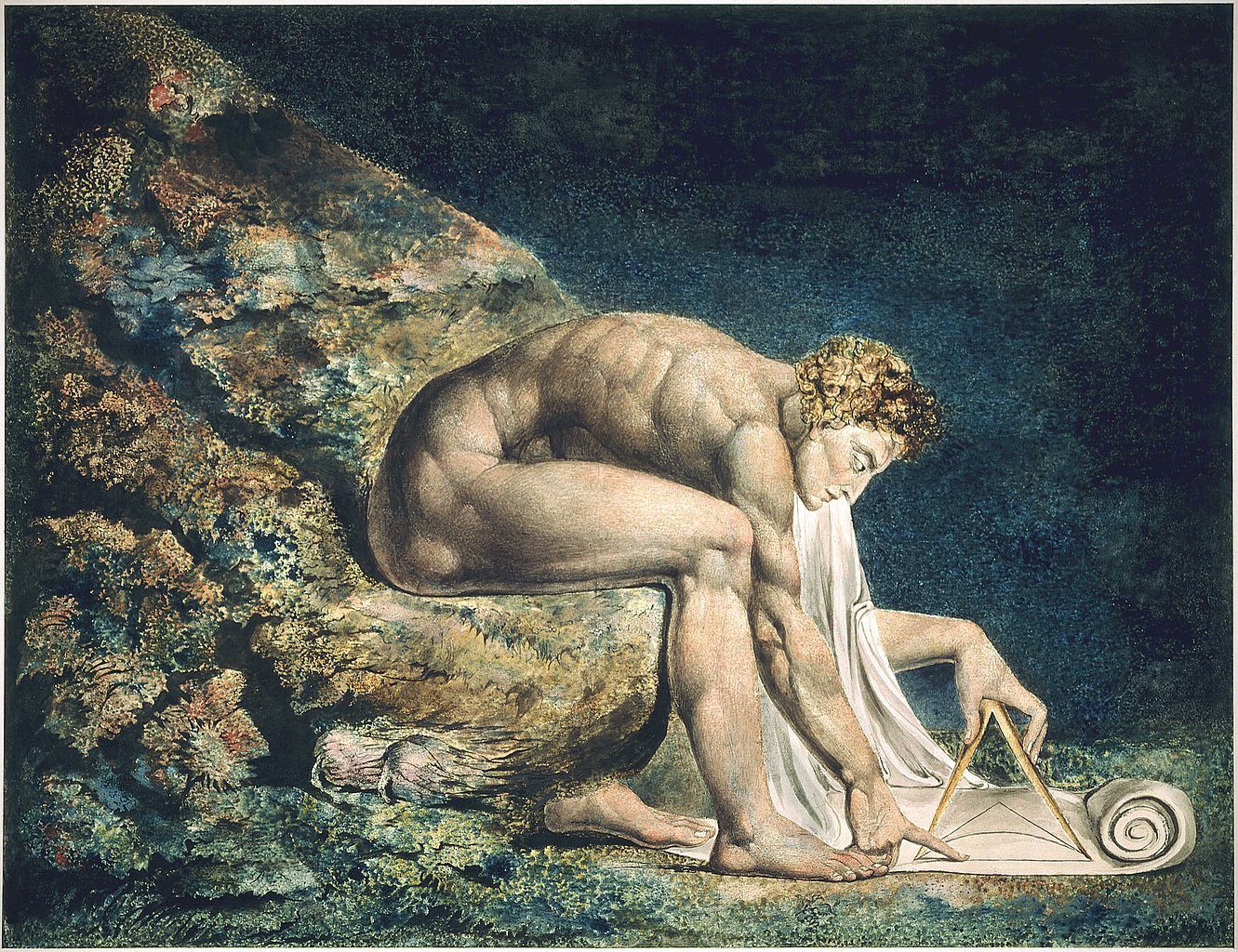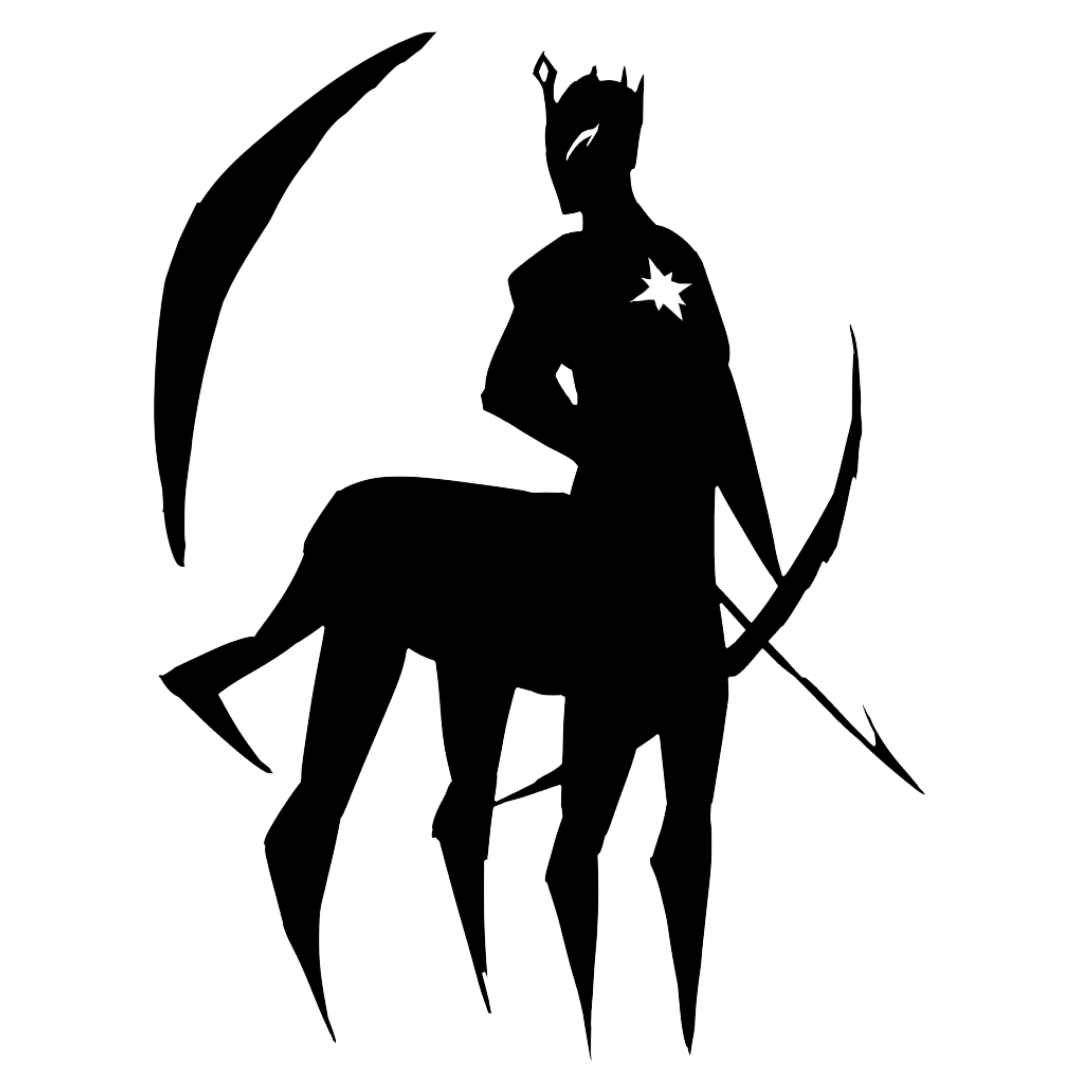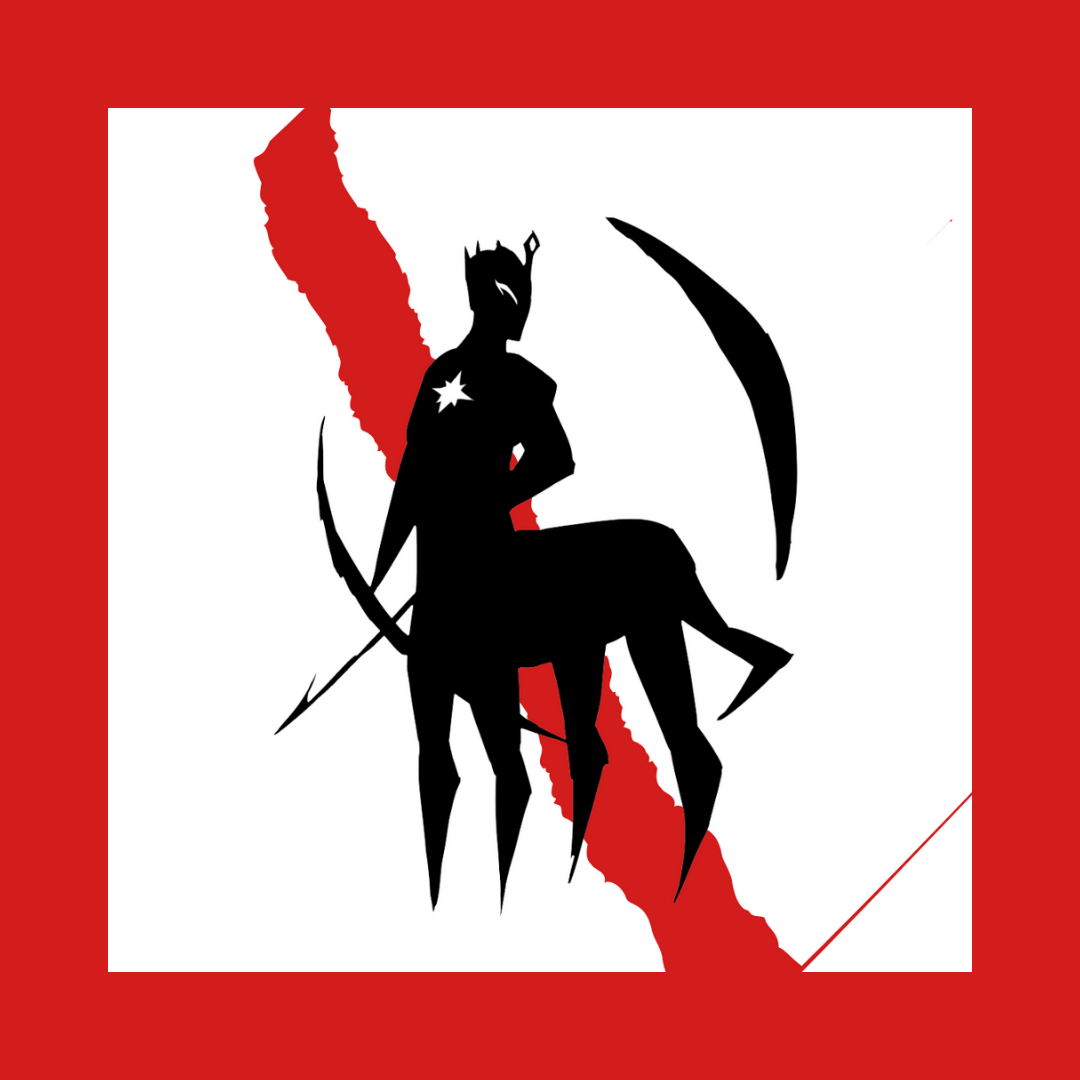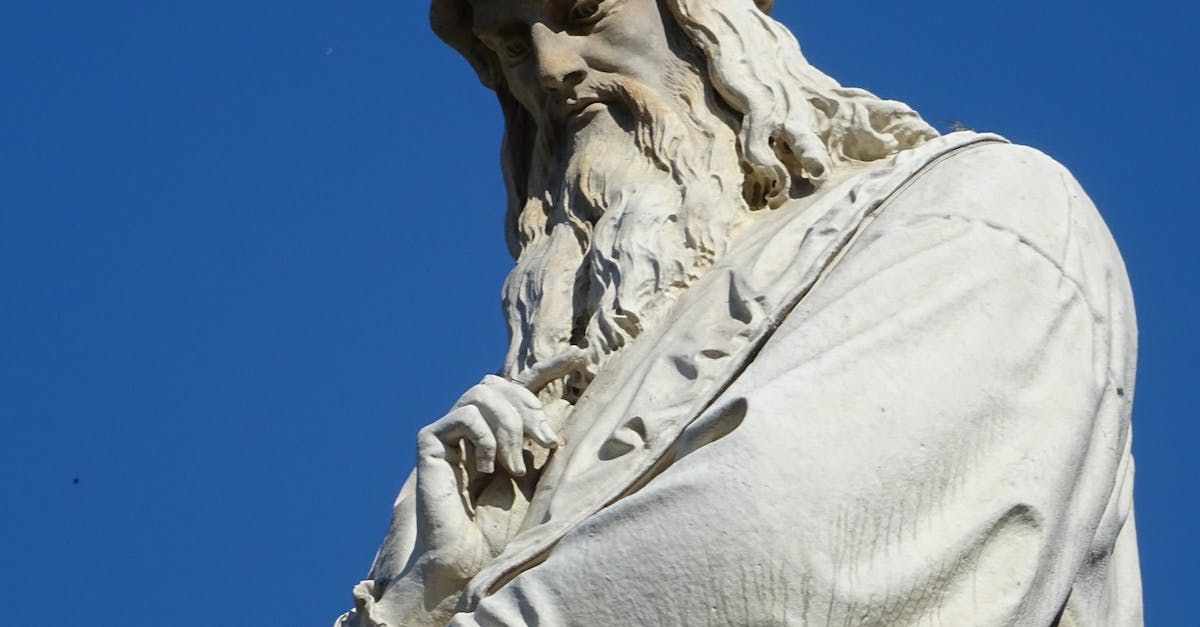ART | What is Beauty? A question from Krishnamurti
POIESIS & EXISTENCE
« Ask yourself, enquire very deeply what is this word used by poets, painters, and sculptors. Ask yourself now,
what is this quality of beauty? Do you want me to answer it or will you answer it? »
Jiddu Krishnamurti
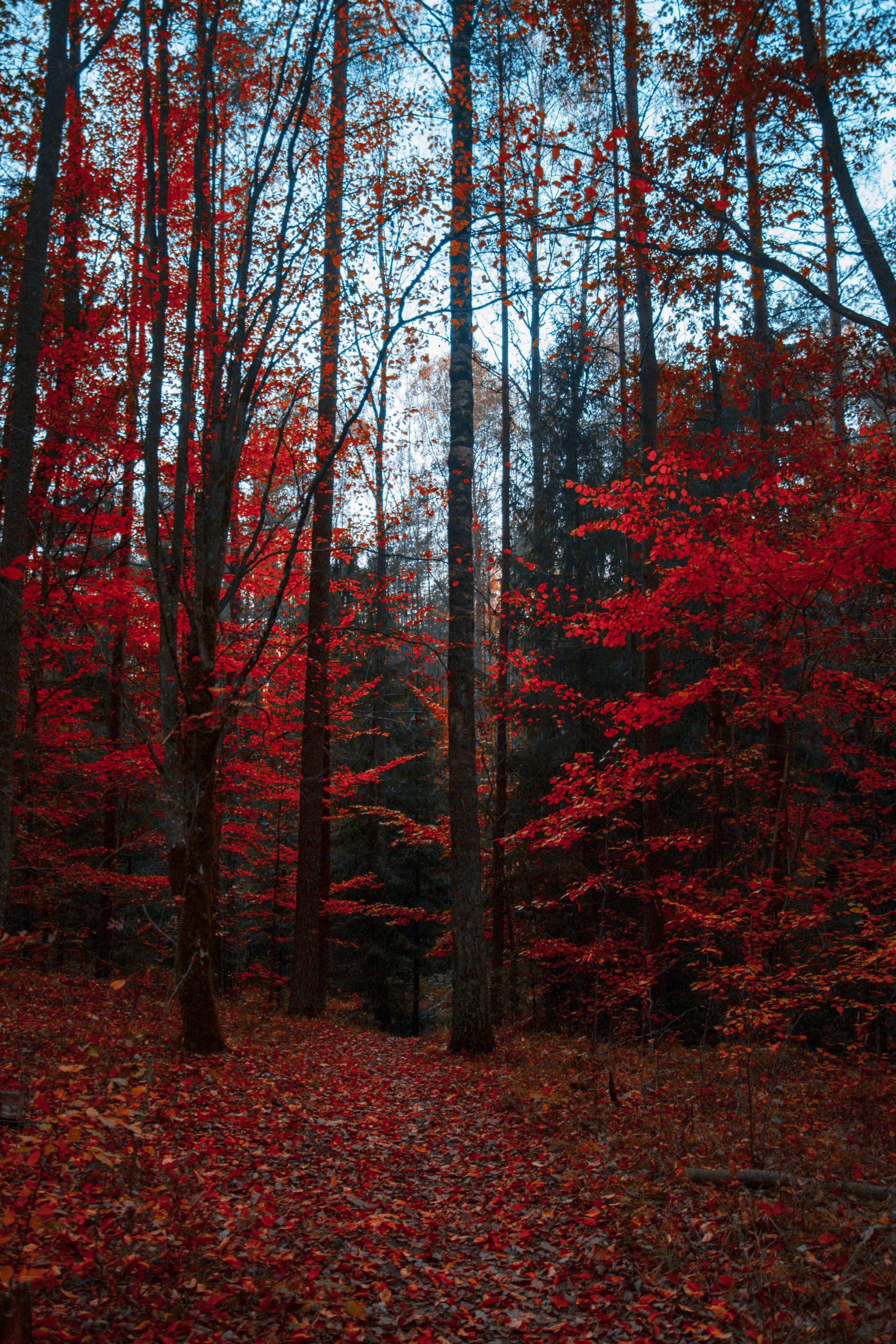
A forest in the fall, somewhere on our beautiful planet Earth.
Hopefully, AI did not temper with the photo. Or did it?
TRANSCRIPT
What is Beauty?
So, we’re going together, to talk about Beauty. What is Beauty? Have you been to museums? The old middle ages or Renaissance of the great painters. Have you seen them, some of you? Probably not. (...) But instead of looking at paintings, pictures, and statues of ancient Greeks, ancient Romans, ancient Egyptians, we are inquiring, asking, demanding to find out what beauty is. Not the form. Not the woman or a man, or a small child that is extraordinarily beautiful--all children are. So what is beauty?
I am asking the question. Please answer it for yourself first. Or you’ve never thought about it. Not the beauty of a face. But the beauty of a green lawn, of a flower, of the great mountains with snow covering them, the deep valleys, the still tranquil waters of a river. All that is outside of you and you say “how beautiful that is.” What does that word beauty mean? Because it is very important to find that out. Because there is so little beauty in our daily life. If you go to Benares you know all about it, the filthy streets, the dust, the lorries (...) not the tenderness of a leaf, or the tender generosity of human beings.
Ask yourself, enquire very deeply what is this word used by poets, painters, and sculptors, and you are asking yourself now, what is this quality of beauty. Do you want me to answer it or will you answer it? The gentleman says: You answer it because we don't know. Why? Why don’t you know? Why haven’t we enquired into this enormous question? You have your own poets from the ancient people to now. They write about it. They sing about it. They dance and you say I don’t know what beauty is. What strange people we are.
So what is beauty? It is the same question put in different words: What are you? What is the nature, the structure of you, apart from the biological factor? What are you? Pass some exams, get a degree, a job, a physicist, a scientist, a treasurer for the government? What are you? That is very closely related to beauty. When you look at a mountain, snow-capped, deep valleys, blue deep hills, what do you feel? What happens to you at that moment, when you look at the grandeur, the majesty of those mountains? What do you feel? Do you, for a moment or for a few minutes, exist at all? You understand my question? Please don’t agree. Look at it very closely.
At that moment, when you look at something grand, immense, majestic, you for a second, don’t exist. Right? You’ve forgotten your worries and your wife, and your children, your job, all the messiness of one’s life. At that moment you say, you are stunned by it, which is that, for that second, the grandeur has wiped all your memory, for a second, then you come back. What happens during that second? What happens when you are not there? That is beauty. You understand? When you are not there. Don’t agree, sir. Don’t shake your head, yes. So, there, the grandeur, the majesty of a mountain, of a lake or that river early in the morning, making a golden path. For a second, you have forgotten everything. That is when the self is not, there is beauty. You understand what I am saying?
« when the self is not, there is beauty. »
Jiddu Krishnamurti
Watch full talk on YouTube
Revue {R}évolution
